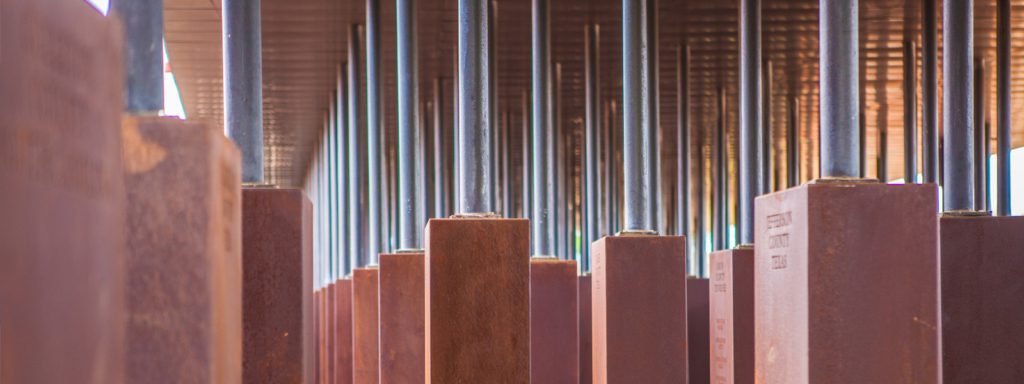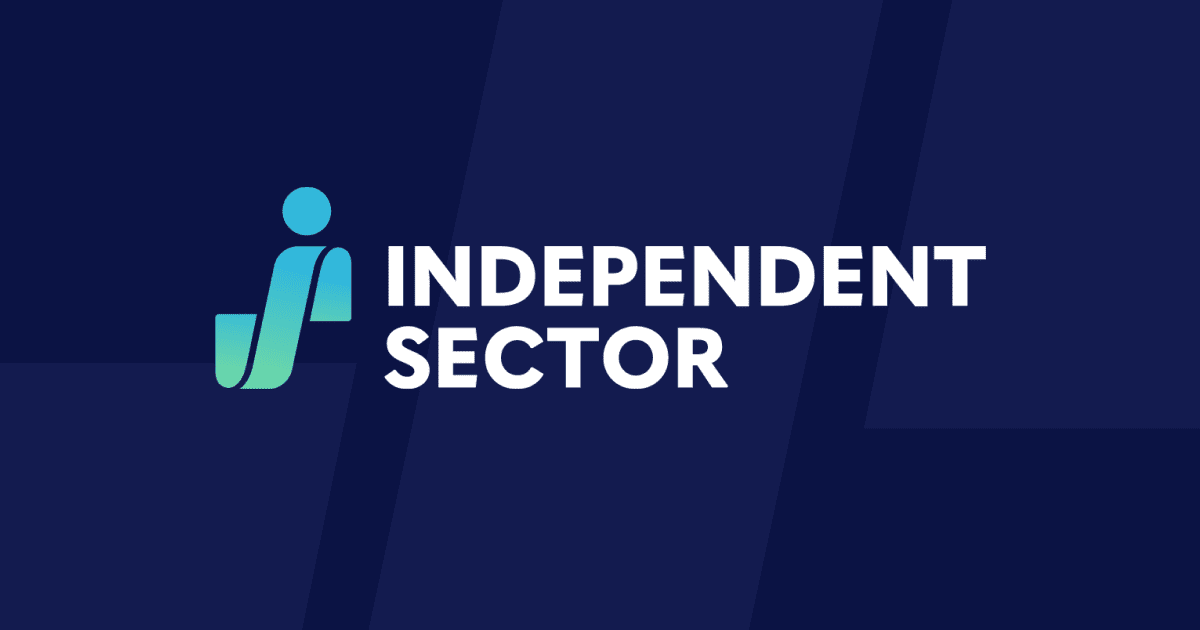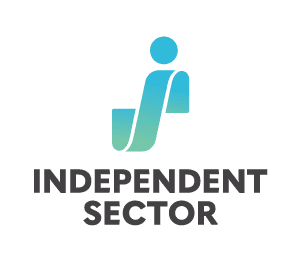I had the great honor and privilege to begin this summer with an experience I won’t soon forget.
I was one of a dozen presidents who participated in the Presidents’ Forum for Racial Equity in Philanthropy in Montgomery, Alabama. Unlike other gatherings that focus on racial equity strategies or frameworks, this was deeply focused on each individual’s journey and understanding of our shared history of racial injustice.
Our two days in Montgomery included panel discussions and reflections, but the highlight was our tour of Equal Justice Initiative’s (EJI) National Memorial for Peace and Justice, described as “the nation’s first memorial dedicated to the legacy of enslaved black people, people terrorized by lynching, African Americans humiliated by racial segregation and Jim Crow, and people of color burdened with contemporary presumptions of guilt and police violence.”
It was deeply moving and profoundly heartbreaking. It was also important and necessary. The experience also allowed me to reflect on the importance of getting proximate – as Bryan Stevenson, the founder and executive director of EJI, would say – to a location and an extended period in American history that was deeply painful. Rather than sit in the pain, the memorial does an incredible job of showing you that there is progress toward redemption. I also reflected on the power of the stories we tell ourselves of our own identities in history. I thought of Independent Sector’s own work with the Upswell summit, our annual gathering for changemakers, and how we might push ourselves to tell the stories of the cities we visit, how we consider who gets to tell those stories, and how we all might work together in that context to ensure a future where all thrive.
In many ways, the EJI evolution can be seen as an exemplar for civil society organizations everywhere. EJI began as a direct service nonprofit, helping people navigating the justice system, and has now entered a space deeply committed to shaping our narrative based on our past, so we may find redemption and change for the future. The memorial confronts every visitor with the questions: how are you changed by this and how do you keep connected to what you’ve learned so that it continues to shape you?
This deeply personal journey is a cornerstone for the Presidents’ Forum, a peer learning and support community for foundation presidents around the country. The Presidents’ Forum will meet again on November 12 in partnership with Upswell Chicago. We will share more information about that as we finalize the details, but in the meantime, please read this summary of the June Presidents’ Forum in Montgomery, and if you have a chance, please do consider a visit to the memorial. It is an experience that will shape your understanding and commitment to racial equity as individuals and for civil society as a whole.



